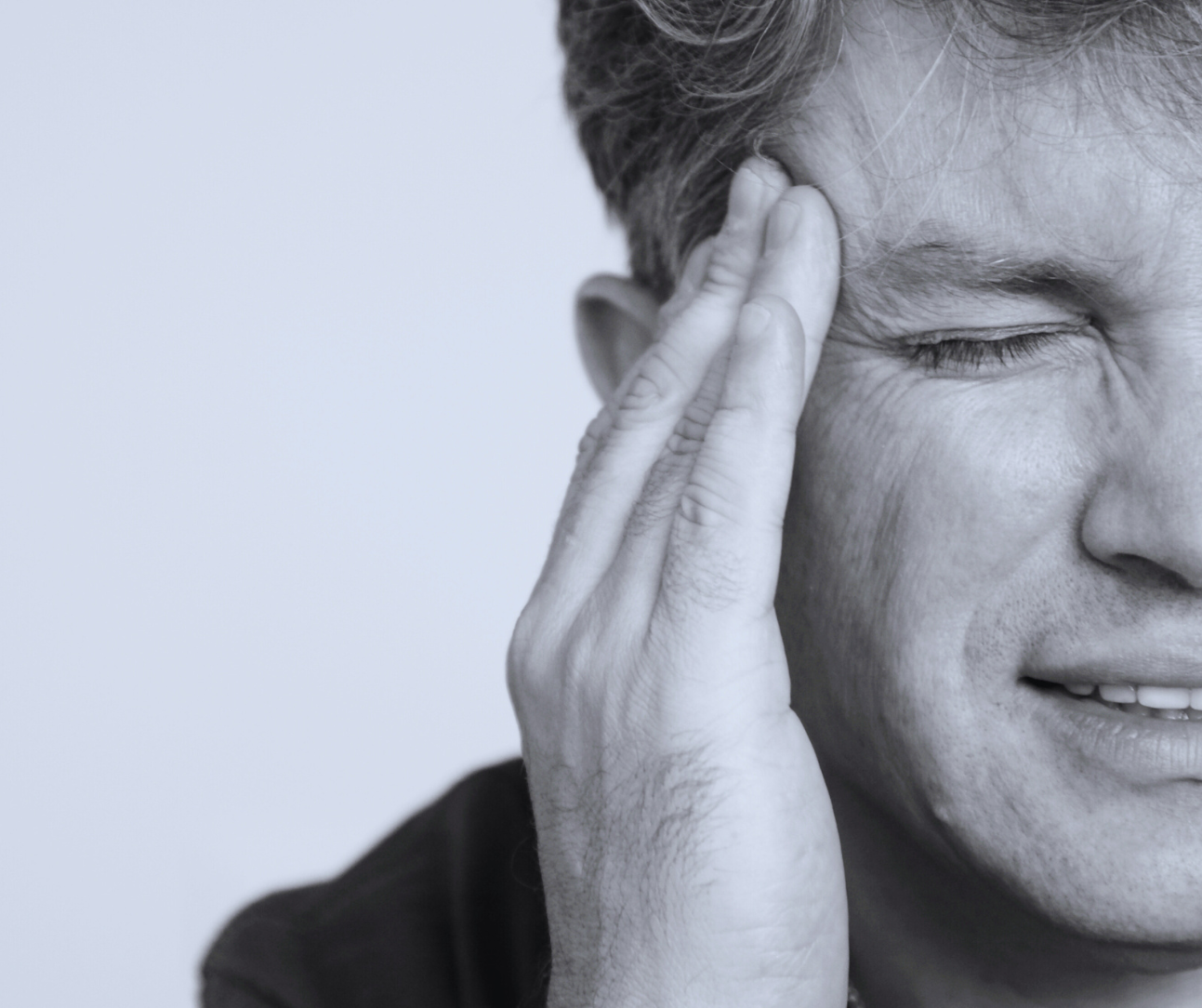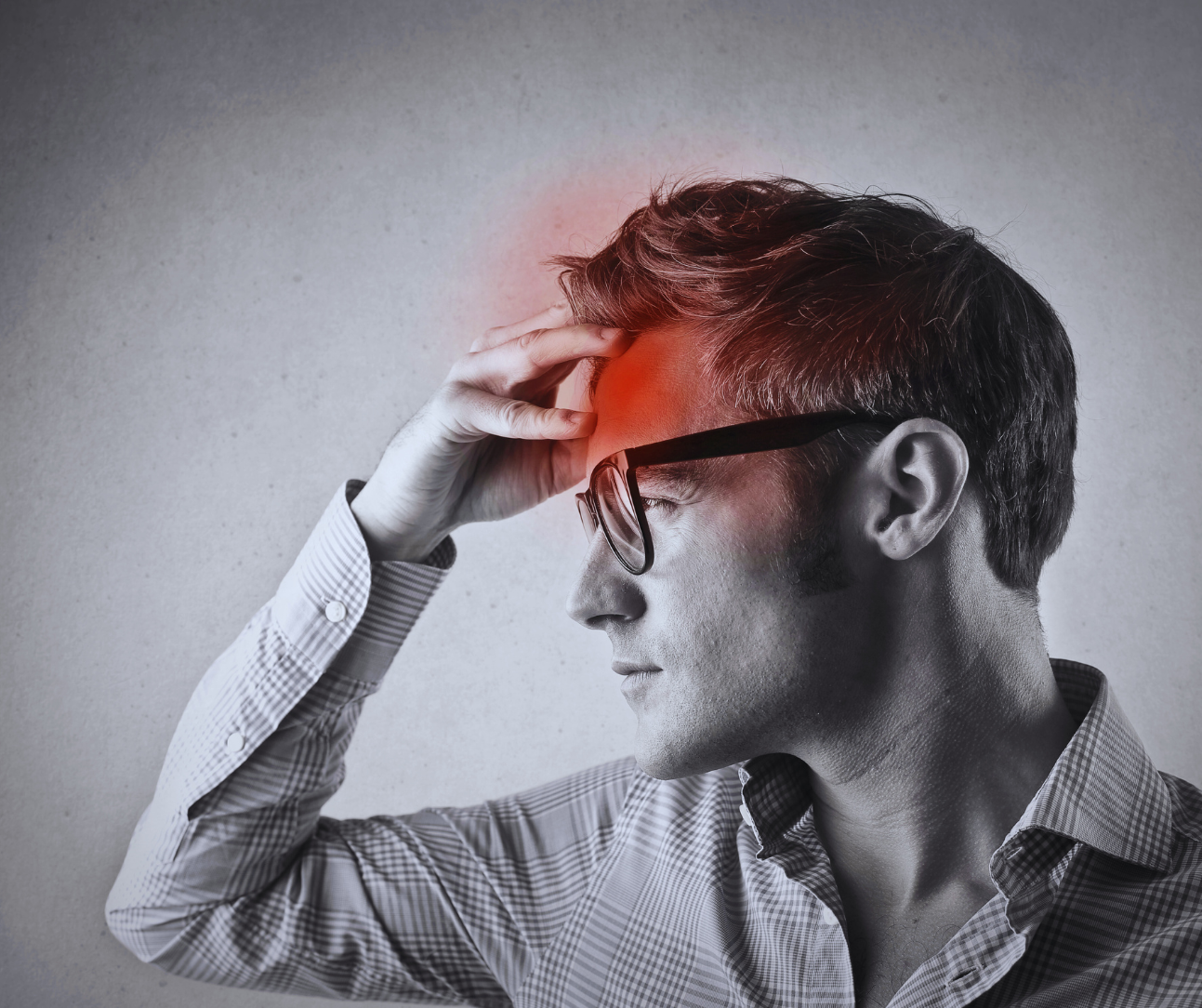Headache

Understanding Headaches: Causes, Types, and Treatments
Introduction
Headaches are one of the most common health complaints worldwide, affecting people of all ages. They can range from mild discomfort to debilitating pain, significantly impacting daily life. Understanding the causes, types, and treatment options can help manage headaches effectively.
Types of Headaches
- Tension Headaches:
- Description: The most common type of headache, often described as a tight band around the head.
- Causes: Stress, anxiety, poor posture, and muscle tension.
- Symptoms: Mild to moderate pain, pressure or tightness around the forehead or back of the head, and tenderness in the scalp, neck, or shoulders.
- Migraine:
- Description: A severe headache often accompanied by nausea, vomiting, and sensitivity to light and sound.
- Causes: Genetics, hormonal changes, stress, certain foods, and environmental factors.
- Symptoms: Intense throbbing or pulsing pain on one side of the head, nausea, vomiting, sensitivity to light and sound, and visual disturbances (aura).
- Cluster Headaches:
- Description: Extremely painful headaches that occur in clusters, often around the same time each day.
- Causes: Unclear, but may be linked to hypothalamus dysfunction.
- Symptoms: Severe burning or piercing pain around one eye, redness, tearing, nasal congestion, and restlessness.
- Sinus Headaches:
- Description: Headaches caused by inflammation of the sinuses.
- Causes: Sinus infections, allergies, or other nasal conditions.
- Symptoms: Deep, constant pain in the cheekbones, forehead, or bridge of the nose, often accompanied by nasal congestion and fever.
- Rebound Headaches:
- Description: Headaches caused by the overuse of headache medications.
- Causes: Frequent use of pain relievers or other headache medications.
- Symptoms: Headaches that occur almost daily, often waking the person in the early morning.
Causes of Headaches
- Physical Causes: Muscle tension, eye strain, dehydration, and sinus infections.
- Emotional Causes: Stress, anxiety, depression, and emotional turmoil.
- Environmental Causes: Poor air quality, strong odors, noise, and bright lights.
- Dietary Causes: Caffeine withdrawal, certain foods like aged cheese, processed meats, and alcohol.

Home Remedies for Headaches
- Stay Hydrated:
- Dehydration is a common cause of headaches. Drinking plenty of water throughout the day can help prevent and relieve headaches.
- Use a Cold or Warm Compress:
- A cold compress can numb the pain, while a warm compress can relax tense muscles. Apply the compress to the forehead, neck, or temples.
- Practice Relaxation Techniques:
- Stress-relief techniques like deep breathing, meditation, or yoga can reduce headache frequency and intensity.
- Maintain a Regular Sleep Schedule:
- Lack of sleep or irregular sleep patterns can trigger headaches. Aim for 7-8 hours of sleep each night.
- Essential Oils:
- Peppermint or lavender oil can provide relief. Dilute with a carrier oil and apply to the temples or inhale the aroma.
- Limit Caffeine:
- While small amounts of caffeine can relieve a headache, overuse can lead to rebound headaches. Moderation is key.
- Ginger Tea:
- Ginger has anti-inflammatory properties that may help reduce headache symptoms. Drinking ginger tea can provide relief.
Clinical Remedies for Headaches
- Over-the-Counter Medications:
- Pain Relievers: Acetaminophen, ibuprofen, or aspirin can relieve mild to moderate headaches.
- Combination Medications: Some OTC medications combine caffeine, aspirin, and acetaminophen for more effective relief.
- Prescription Medications:
- Triptans: Used to treat migraines, these medications work by constricting blood vessels and blocking pain pathways in the brain.
- Ergots: Effective for migraines, especially those lasting more than 24 hours, but have more side effects.
- Opioids: Used only in severe cases where other treatments are ineffective, due to the risk of addiction and other side effects.
- Preventive Medications:
- Beta-Blockers: Often prescribed to prevent migraines.
- Antidepressants: Certain types can prevent migraines and tension headaches.
- Anti-Seizure Medications: These can also reduce the frequency of migraines.
- Physical Therapy:
- For headaches caused by muscle tension or poor posture, physical therapy can be beneficial. Techniques like massage, exercises, and stretching can help relieve pain and prevent future headaches.
Alternative/Non-Invasive Remedies for Headaches
For headaches, the therapies offered by Earl Claytont Wellness Centre that are most likely to provide relief are:
- PEMF (Pulsed Electromagnetic Field Therapy):
- PEMF therapy can help reduce inflammation, improve circulation, and alleviate pain, making it effective for certain types of headaches, especially tension headaches or migraines.
- Full Spectrum Infrared Sauna:
- Infrared saunas promote relaxation and can help relieve tension in the muscles, which may alleviate headaches caused by stress or muscle tightness.
- NAD+ Therapy:
- NAD+ therapy supports cellular energy production and may help with headaches related to fatigue, stress, or metabolic issues by improving overall brain function and reducing oxidative stress.
- Vitamin B Complex:
- B vitamins, particularly B2 (riboflavin), have been shown to reduce the frequency and severity of migraines. Supplementing with B Complex can support overall nerve health and reduce the occurrence of certain types of headaches.
These therapies are the most effective in managing and alleviating headaches, particularly those related to tension, stress, fatigue, or nutrient deficiencies.
Get your appointment for Free Medical Consultation by clicking the "Book Now" below for us to know which treatment is best for you.
When to See a Doctor
- If headaches are severe, frequent, or accompanied by other symptoms like confusion, weakness, vision problems, or speech difficulties, seek medical attention immediately. These could be signs of a more serious condition, such as a stroke or brain tumor.
Conclusion
Headaches, while common, can be managed effectively with the right approach. Understanding the type of headache and its triggers is the first step in finding relief. Whether through lifestyle changes, home remedies, or clinical treatments, there are many ways to alleviate the pain and improve quality of life.

